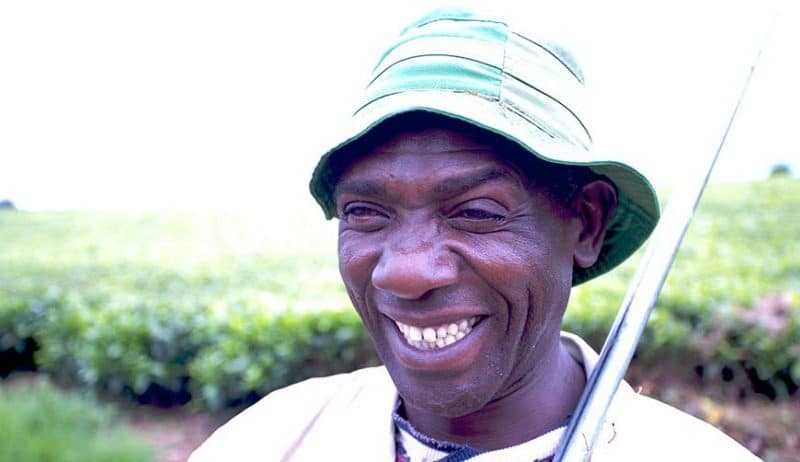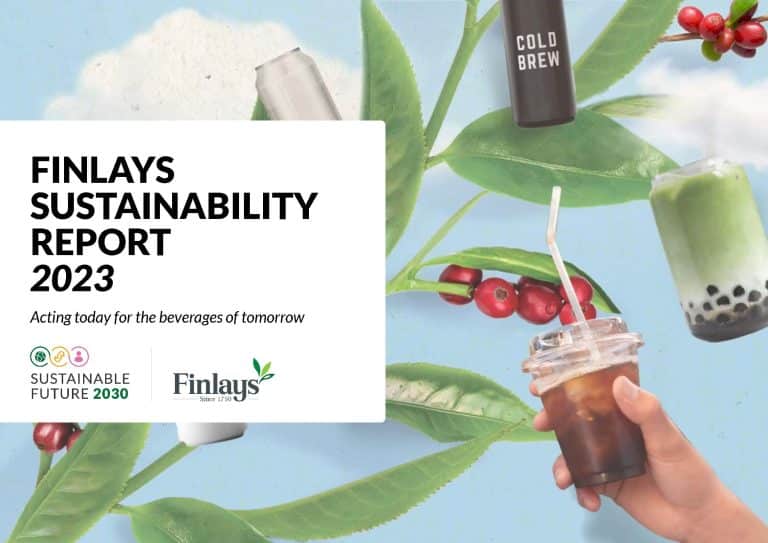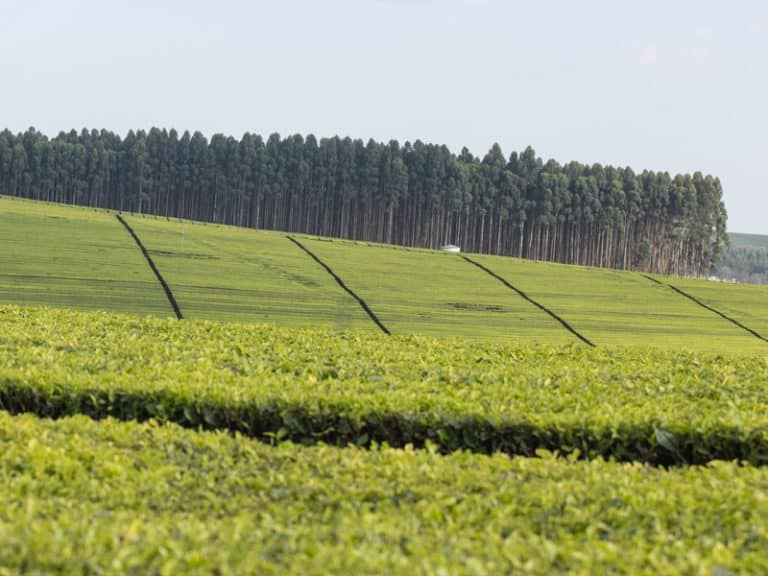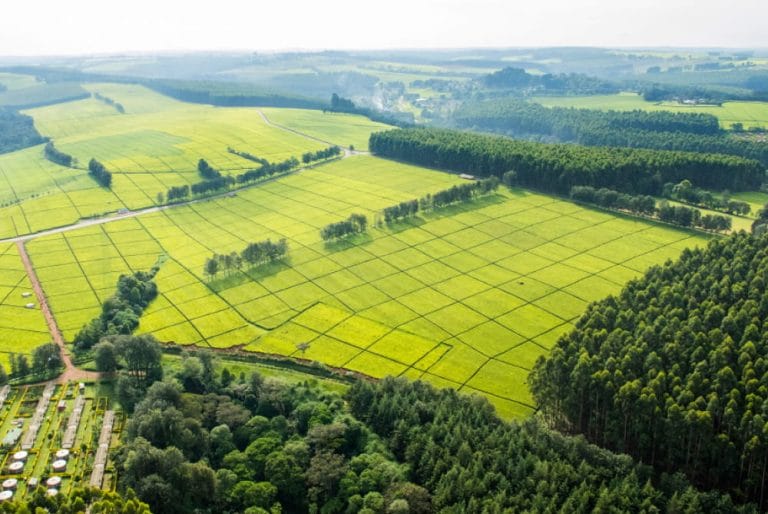In many ways tea is and can be seen as a ‘hero’ crop. Yet as an industry we often devalue tea, pushing lower qualities, promoting packaging and reacting to social issues.
If we want to fulfil the concept of tea as a hero crop then we need to start proactively tackling some of these systemic issues. In the last two years Tea2030 has identified and begun work on three systemic interlinked platforms which cover the value chain from producing to consumers.
Sustainable Landscapes: is a new way for the industry to look at challenges in production. Led by Rainforest Alliance we have been pulling together three case studies examining holistically a region/area and the challenges to long-term viability. Landscapes focuses on root causes, rather than on ‘nice to do’ projects, and is to be owned, designed and driven by the producers. The case studies have looked at Mau in Kenya, Malawi and Assam.
Issues such as livelihoods and poverty in some regions are symptoms not of poor collective bargaining, but with the poor returns from tea due to soil erosion affecting yields. As a result the amount a plucker can harvest is reduced, limiting the income the farm receives and its ability to pay its workforce. Focus needs to be on supporting interventions at the root rather than just addressing the symptoms.
Market Mechanisms: the opportunities to sell tea and/or mitigate and manage risk and increase visibility, transparency and liquidity in the market are limited. This curtails investment in the manufacture of tea and the ability to maintain the quality expected by consumers. A number of options have been evaluated including an index-linked hedging market, which it is hoped might be, developed and launched in the future.
Engaging Consumers: by focusing on the tea product itself, rather than the packaging or media characters/personalities it hoped to stimulate the perception and profile of tea. The intention is to develop and launch a campaign to connect consumers with tea.
None of these are easy to do in an industry that in many ways is fragmented, (compared to coffee and cocoa) and which is relatively disorganised at a strategic level. If we are to have a sustainable tea industry that can really fulfil the mantle of a ‘hero’ crop we must change to the way the industry operates. As we go forward we will be establishing a Leadership Group, trialling a web based best practice tool, expanding Tea2030 to the US, and pushing further work on the three platforms referred to above.
There is a long road ahead. The Tea2030 initiative was launched to identify some of the systemic issues impacting the tea industry now and in the future. Finlays is involved in all three platforms and are committed to focusing efforts in these areas and working collaboratively with others for a better future.





